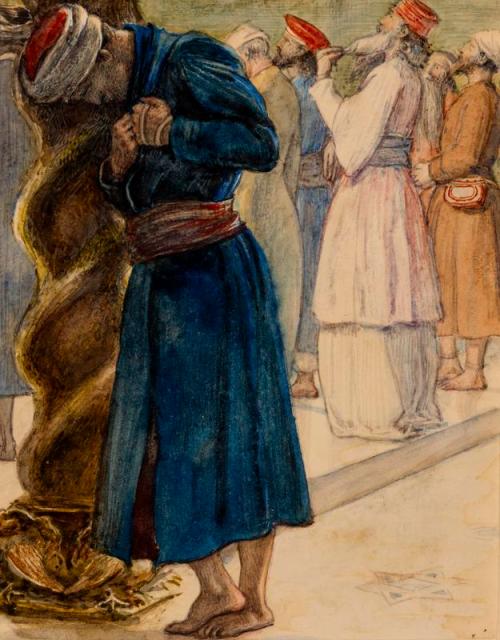At the time of Jesus’s life, many of the Jews were looking for the Messiah. The Pharisees used the letter of the law to do everything just right, in the hopes that they would be prepared for the Messiah. There was only one problem. They become so worried about being right, that they missed the Truth even when He was standing right in front of them. Jesus asks the Pharisee’s to trust him and they can’t see their way around everything they are doing “right” to find the freedom that comes from trusting God.
Daniel gives us the story of Shadrach, Meshach, and Abednego to illustrate God’s power and the security of our lives when we trust God. When forced to choose between the king and faith in God, they chose God and willingly accepted the punishment of the king. By trusting God in the fiery furnace, heated seven times hotter than usual, God was able to act. He sent an angel to guard Shadrach, Meshach, and Abednego and through God’s action, King Nebuchadnezzar acknowledged God’s power.
As we continue our Lenten journey, let us not become so concerned with being right and doing all the right things, that we forget the lesson of Shadrach, Meshach, and Abednego. We temper our physical selves during Lent so that we are better prepared to trust God, to sing his praises, no matter what the world brings to our doorstep. Regardless of what trial or furnace we find ourselves facing, may we be prepared to agree with King Nebuchadnezzar and sing out with the psalmist, “Blessed are you, O Lord…praiseworthy and exalted above all forever.”
En la época de la vida de Jesús, muchos de los judíos buscaban al Mesías. Los fariseos usaron la letra de la ley para hacer todo correctamente, con la esperanza de estar preparados para el Mesías. Había un solo problema. Se preocupan tanto por tener la razón, que se perdieron la Verdad incluso cuando estaba parado en frente suyo. Jesús les pide a los fariseos que confíen en él y no pueden dejar de ver todo lo que están haciendo “bien” para poder encontrar la libertad que proviene de confiar en Dios.
Daniel nos cuenta la historia de Sadrac, Mesac y Abednego para ilustrar el poder de Dios y la seguridad de nuestras vidas cuando confiamos en Dios. Cuando se vieron obligados a elegir entre el rey y la fe en Dios, eligieron a Dios y aceptaron voluntariamente el castigo del rey. Al confiar en Dios en el horno de fuego, calentado siete veces más de lo habitual, Dios pudo actuar. Envió un ángel para proteger a Sadrac, Mesac y Abednego y, mediante la acción de Dios, el rey Nabucodonosor reconoció el poder de Dios.
A medida que continuamos el camino Cuaresmal, no nos preocupemos tanto por tener la razón y hacer todo lo correcto, que olvidemos la lección de Sadrac, Mesac y Abednego. Templamos nuestro ser físico durante la Cuaresma para estar mejor preparados para confiar en Dios y cantar sus alabanzas, sin importar lo que el mundo traiga a nuestra puerta. Independientemente de la prueba o el horno que enfrentemos, estemos preparados para estar de acuerdo con el rey Nabucodonosor y cantar con el salmista: “Bendito seas, Señor… Bendito sea tu nombre santo y glorioso.”
 Sheryl’s first calling is to be wife and partner to Tom, who is a candidate for the Permanent Diaconate in the Diocese of Kalamazoo. She also gets to live out her passion for teaching and learning by serving as principal at St. Therese Catholic School in Wayland, Michigan. Home is full with Carlyn, our goofy golden retriever, Lucy, our terrier mix wild child, and Mila, our very special Bernese Mountain dog.
Sheryl’s first calling is to be wife and partner to Tom, who is a candidate for the Permanent Diaconate in the Diocese of Kalamazoo. She also gets to live out her passion for teaching and learning by serving as principal at St. Therese Catholic School in Wayland, Michigan. Home is full with Carlyn, our goofy golden retriever, Lucy, our terrier mix wild child, and Mila, our very special Bernese Mountain dog.
Feature Image Credit:Tonmoy Iftekhar, unsplash.com/photos/a-fire-burning-in-a-pot-fk22mBeBsxcutm_content=creditShareLink&utm_medium=referral&utm_source=unsplash

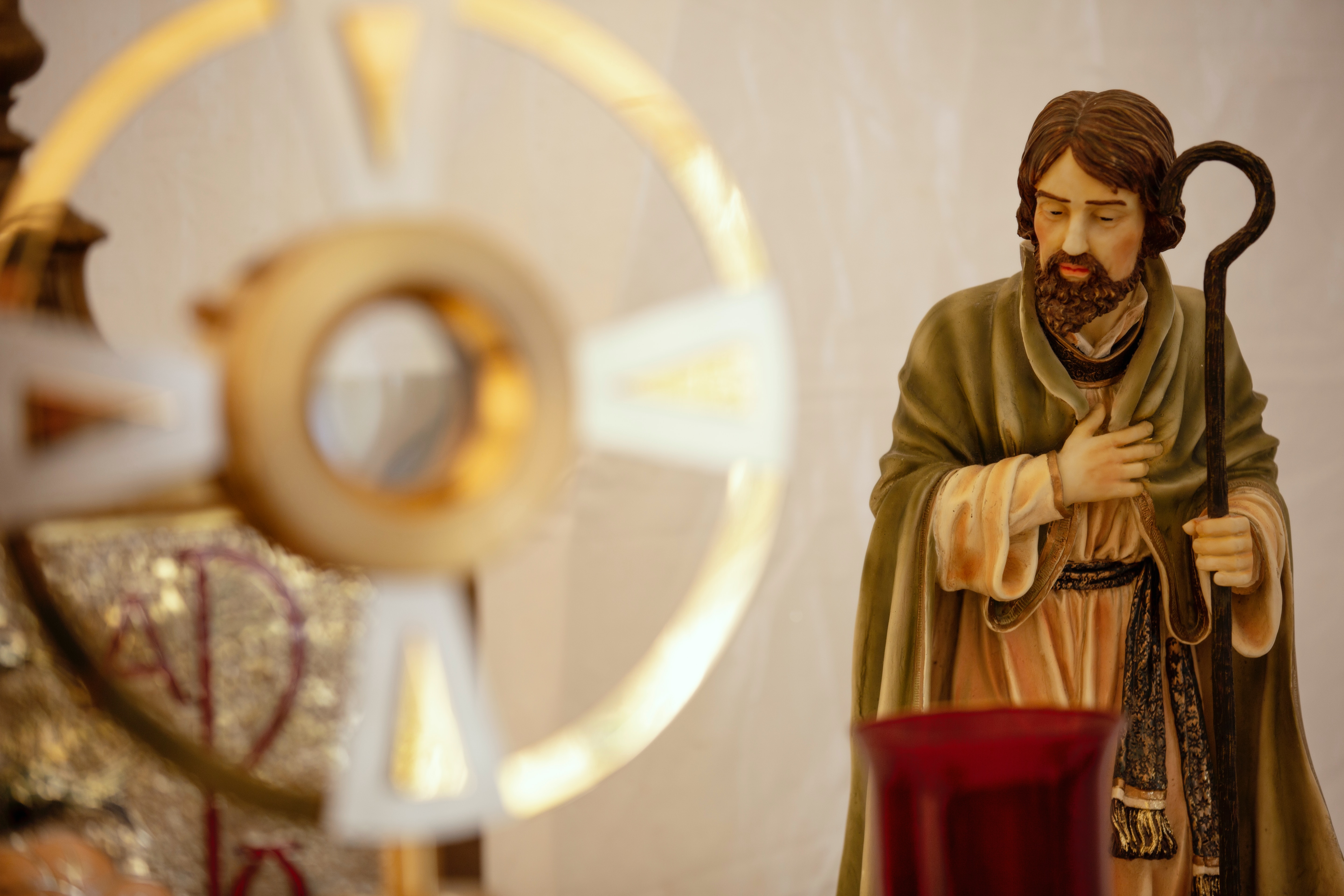
 A lover of Jesus Christ, a wife, and a mother of five, Christine is the author of Everyday Heroism: 28 Daily Reflections on the Little Way of Motherhood. She is a graduate of Franciscan University, an instructor for the Institute for Excellence in Writing, and an experienced catechist. Thrilled to have recently become grandparents, she and her husband currently live in Upstate, NY. Visit her author webpage at
A lover of Jesus Christ, a wife, and a mother of five, Christine is the author of Everyday Heroism: 28 Daily Reflections on the Little Way of Motherhood. She is a graduate of Franciscan University, an instructor for the Institute for Excellence in Writing, and an experienced catechist. Thrilled to have recently become grandparents, she and her husband currently live in Upstate, NY. Visit her author webpage at 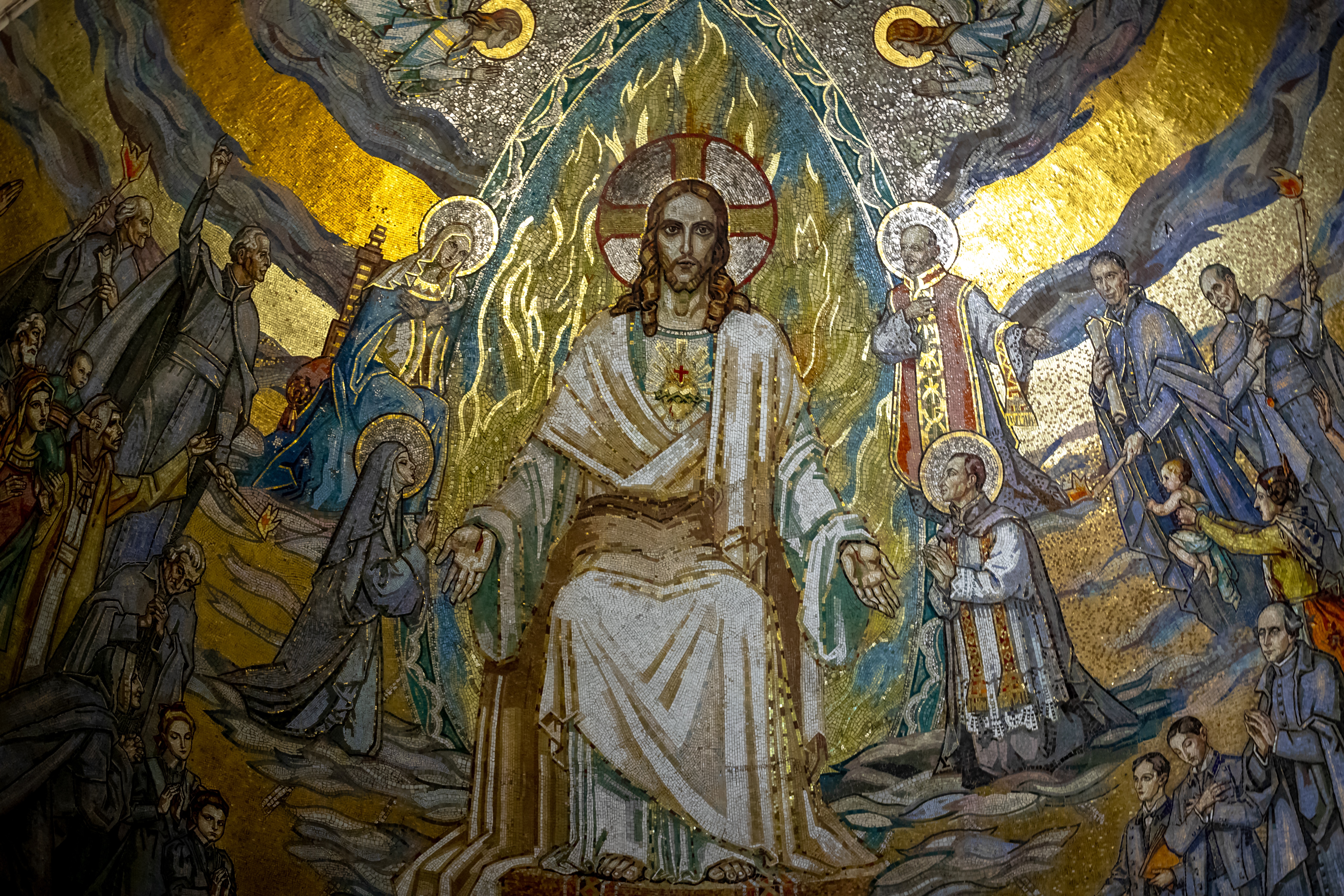





 Mike Karpus is a regular guy. He grew up in Michigan’s Upper Peninsula, graduated from Michigan State University and works as an editor. He is married to a Catholic school principal, raised two daughters who became Catholic school teachers at points in their careers, and now relishes his two grandchildren, including the older one who is fascinated with learning about his faith. He also has served on a Catholic school board, a pastoral council and a parish stewardship committee. He currently is a lector at Mass, a Knight of Columbus, Adult Faith Formation Committee member and a board member of the local Habitat for Humanity organization. But mostly he’s a regular guy.
Mike Karpus is a regular guy. He grew up in Michigan’s Upper Peninsula, graduated from Michigan State University and works as an editor. He is married to a Catholic school principal, raised two daughters who became Catholic school teachers at points in their careers, and now relishes his two grandchildren, including the older one who is fascinated with learning about his faith. He also has served on a Catholic school board, a pastoral council and a parish stewardship committee. He currently is a lector at Mass, a Knight of Columbus, Adult Faith Formation Committee member and a board member of the local Habitat for Humanity organization. But mostly he’s a regular guy.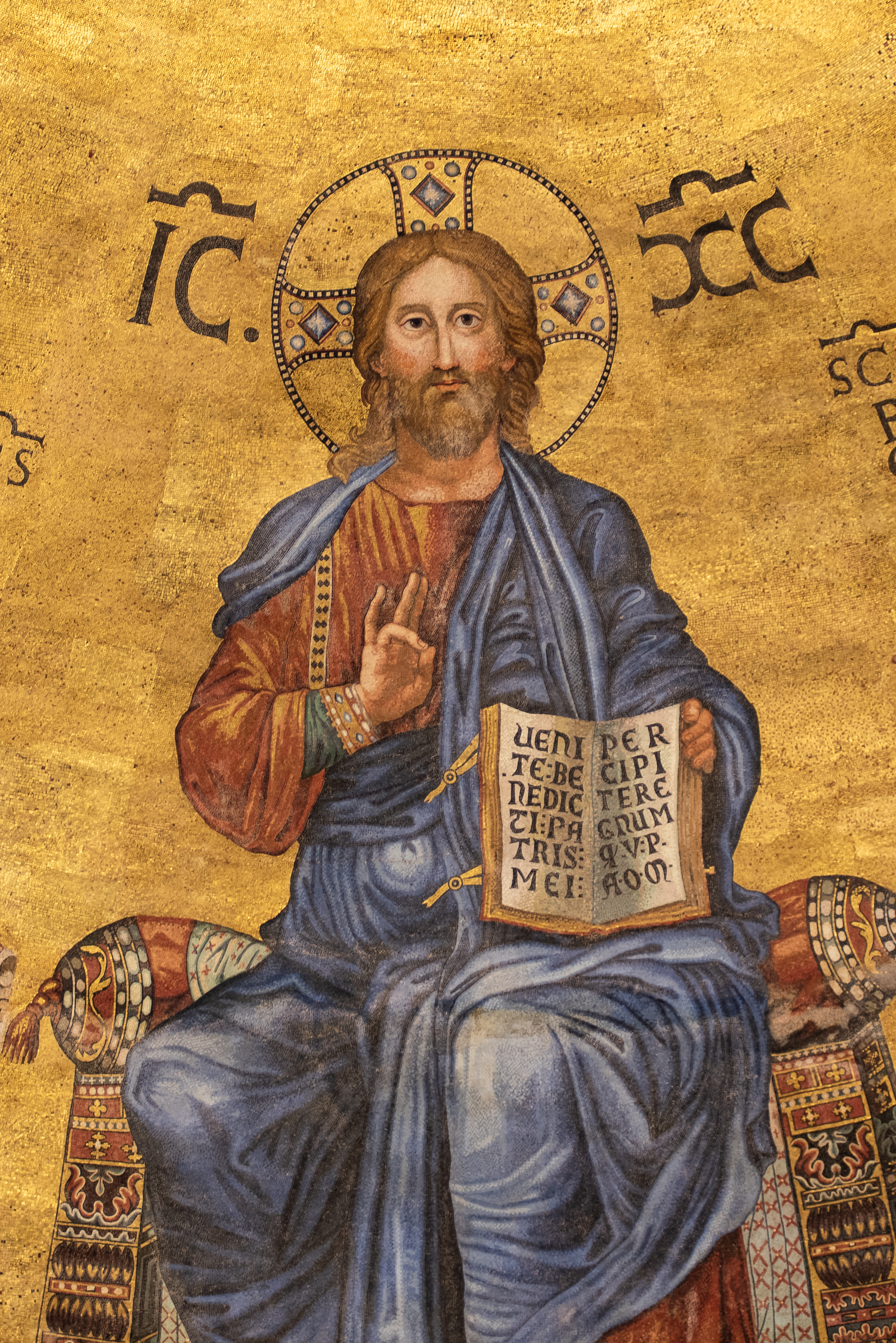
 David Dashiell is a freelance author and editor in Nashville, Tennessee. He has a master’s degree in theology from Franciscan University, and is the editor of the anthology
David Dashiell is a freelance author and editor in Nashville, Tennessee. He has a master’s degree in theology from Franciscan University, and is the editor of the anthology 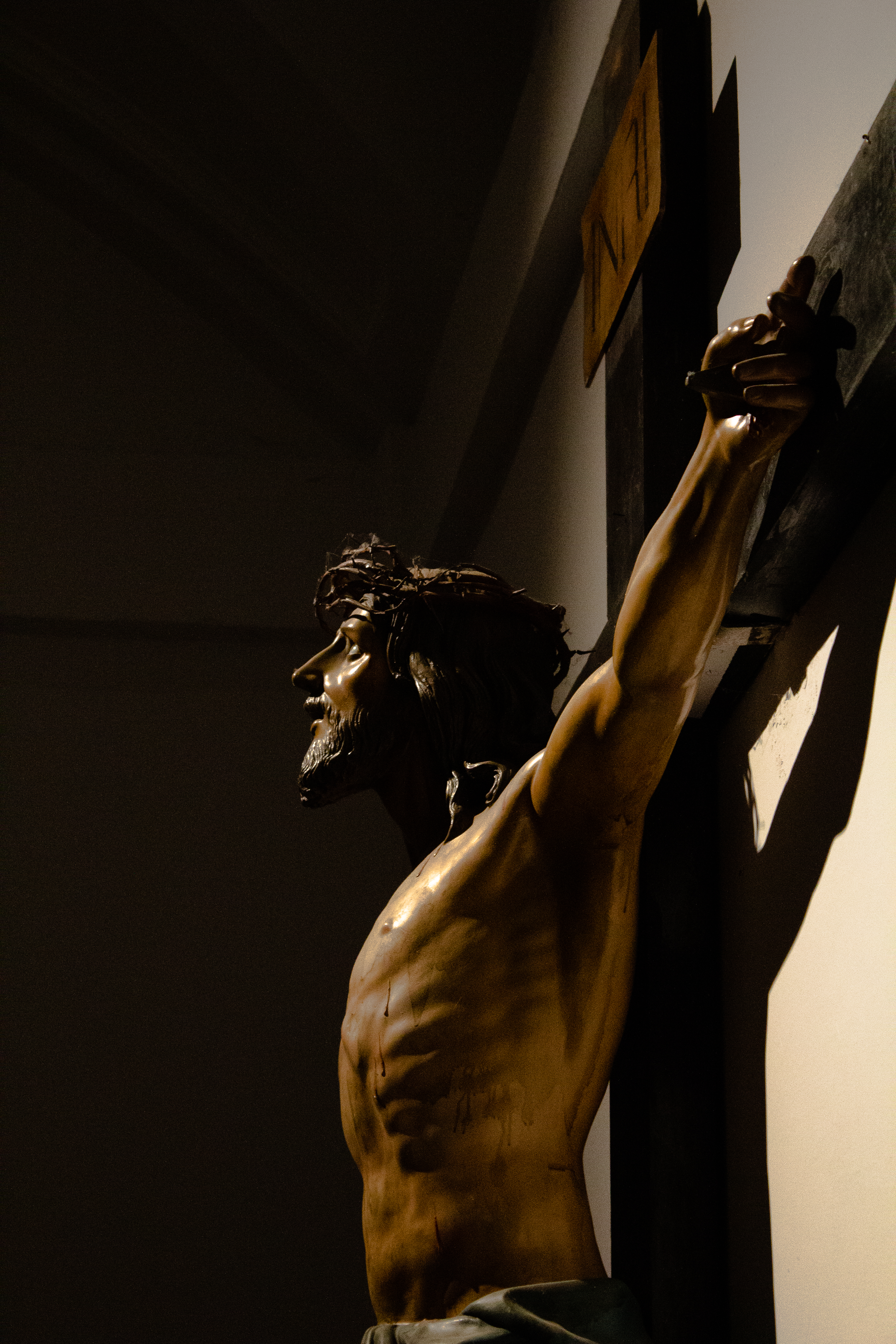


 Merridith Frediani loves words and is delighted by good sentences. She also loves Lake Michigan, dahlias, the first sip of hot coffee in the morning, millennials, and playing Sheepshead with her husband and three kids. She writes for Catholic Mom, Diocesan.com, and her local Catholic Herald. Her first book Draw Close to Jesus: A Woman’s Guide to Adoration is available at Our Sunday Visitor and Amazon. You can learn more at
Merridith Frediani loves words and is delighted by good sentences. She also loves Lake Michigan, dahlias, the first sip of hot coffee in the morning, millennials, and playing Sheepshead with her husband and three kids. She writes for Catholic Mom, Diocesan.com, and her local Catholic Herald. Her first book Draw Close to Jesus: A Woman’s Guide to Adoration is available at Our Sunday Visitor and Amazon. You can learn more at 
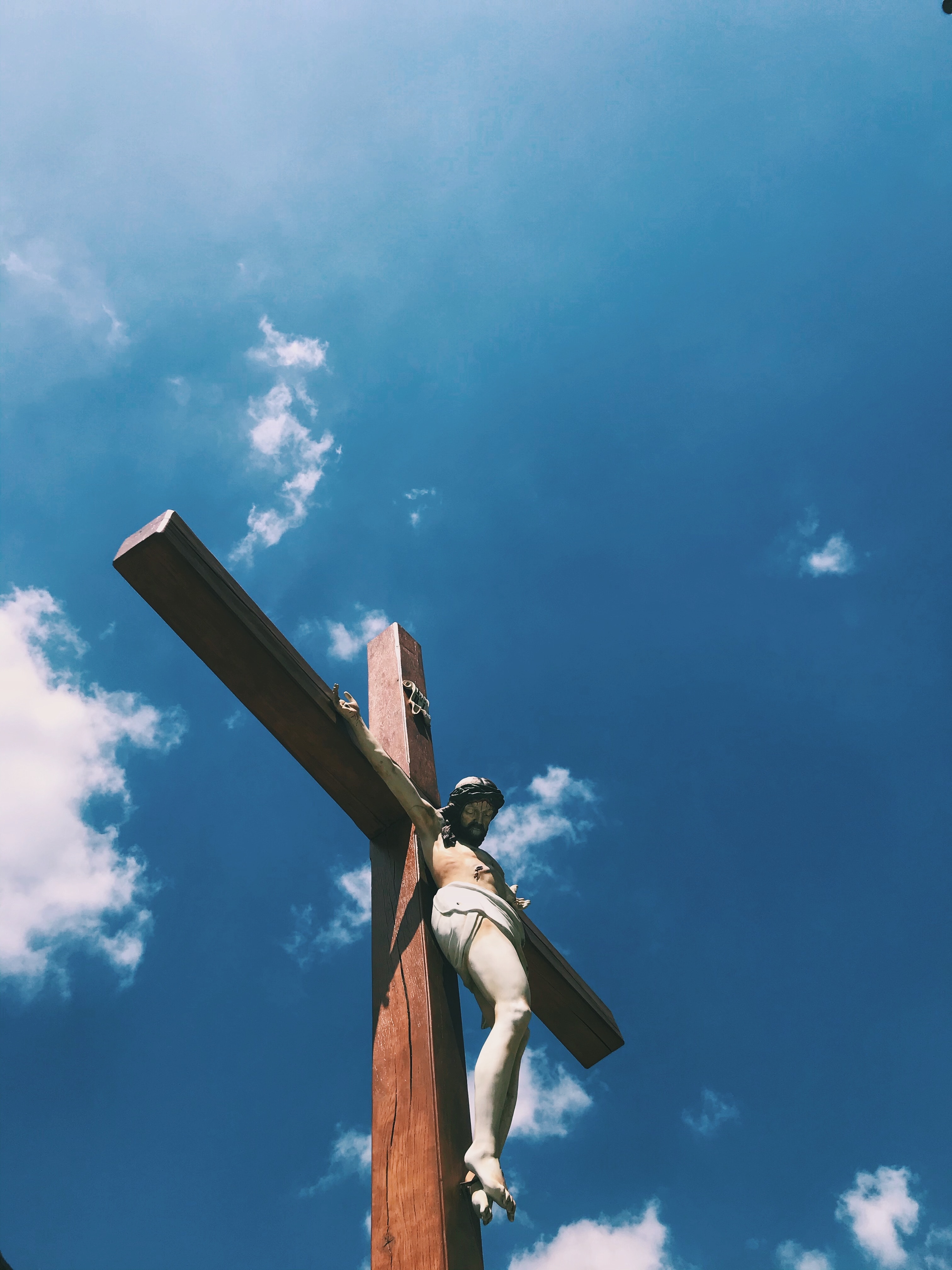
 Dr. Alexis Dallara-Marsh is a board-certified neurologist who practices in Bergen County, NJ. She is a wife to her best friend, Akeem, and a mother of two little ones on Earth and two others in heaven above.
Dr. Alexis Dallara-Marsh is a board-certified neurologist who practices in Bergen County, NJ. She is a wife to her best friend, Akeem, and a mother of two little ones on Earth and two others in heaven above.